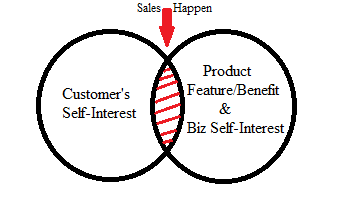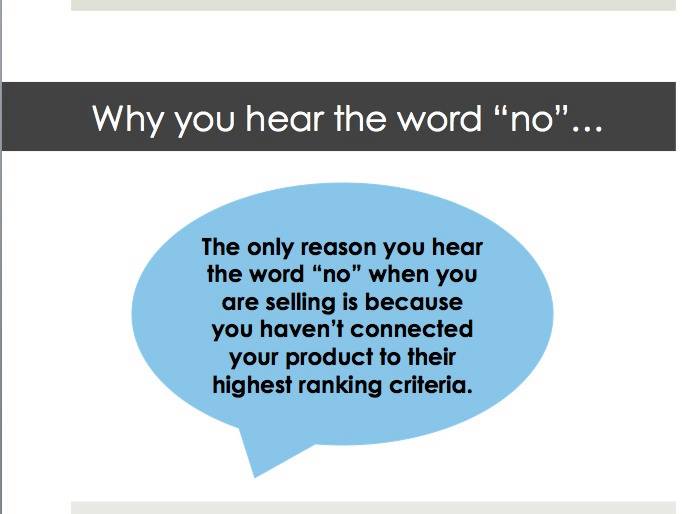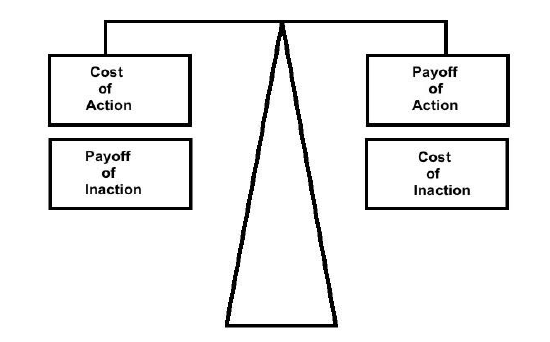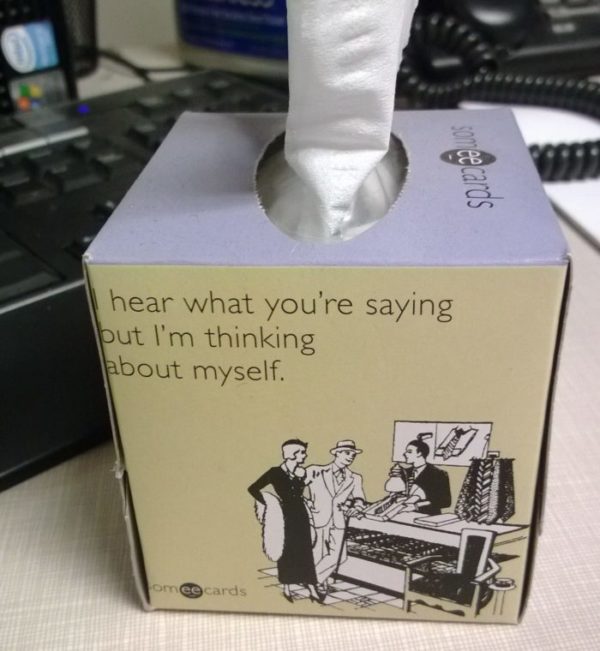Who is the hero of your marketing message?
It is a common mistake for businesses to promote themselves by…promoting themselves:
“Quality Service and Affordable Prices”
“Over 40 Years of Excellence”
“Nobody Does XYZ Better Than Us”
Each of these statements has some degree of meaning. They’re fairly generic, though, and almost completely focused on the leadership’s opinion about the business itself (or how they hope to be seen by potential customers).
Marketing claims like these are not very persuasive, are they? Why not? Because consumers do not care about businesses; they care about themselves. They care about fixing their problems and getting the various things they want in life.
That is the key to connecting with customers. When a business is the main character in its marketing messages, it sacrifices a large part of its persuasive power.
The Reality: People are Self-Interested
The late David Wallace Foster, a renowned writer and professor, made the following remark in his commencement speech to Kenyon College in 2005:
“…everything in my own immediate experience supports my deep belief that I am the absolute center of the universe; the realest, most vivid and important person in existence. We rarely think about this sort of natural, basic self-centeredness because it’s so socially repulsive. But it’s pretty much the same for all of us. It is our default setting, hard-wired into our boards at birth.”
I’m not saying it’s right. It’s just true.
Customers owe no loyalty to a business that doesn’t make their life better in some way. If that life-improving potential isn’t communicated in customer-centric ways, the business will probably be ignored.
People are self-interested. Businesses are self-interested, too.
Something wonderful happens when a potential customer hears exactly how buying a product will make his life better — in clear, specific, compelling language. He buys! That kind of message can penetrate the inward focus that dominates the customer’s worldview.
Emphasizing a prospect’s self-interest is in the business’ best interest.

“Results — Nothing Less.” Drayton Bird tells potential clients that they’re not paying for marketing or consulting (which they don’t care about). They’re buying the results they want.
“Income On Demand: The Simple Secret to Unlimited Stock Market Payouts.” Who doesn’t want income on demand? Rather than saying “Great Stock Market Tips,” Agora Financial adds emotional punch and begins telling you how easy it is to reach your objective: making lots of money on the stock market.
“Is Cancer a Fungus? Can It Be Prevented? Learn How To Help Your Body Destroy the Candida Fungus, Get Your Energy and Your Life Back” Specific, surprising and all about the reader.
Now, who is the hero of your marketing message? Remember, your should-be customers are not thinking about you. They’re looking out for their own best interest, not yours. (And rightly so!) They care about you only insofar as they can benefit from doing business with you.
It is in your best interest to show potential customers that you’re looking out for them and you’re uniquely equipped to help them achieve the results they want.
Check out Part 2!






